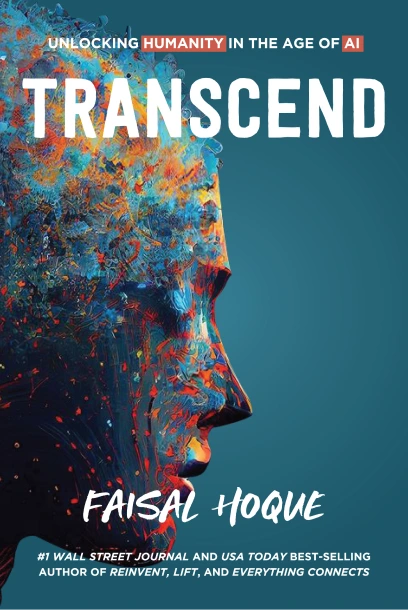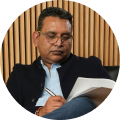
Research that reshapes leadership approaches to inspire change and innovation.
Studies exploring the latest advancements in AI, machine learning, and digital technologies, and their impact on business growth and innovation.
Analysis of how businesses can become more agile, adaptive, and future-proof in a rapidly evolving market.
Studies that explore how entrepreneurs and intrapreneurs can develop innovative ventures and foster a culture of continuous innovation within organizations.









